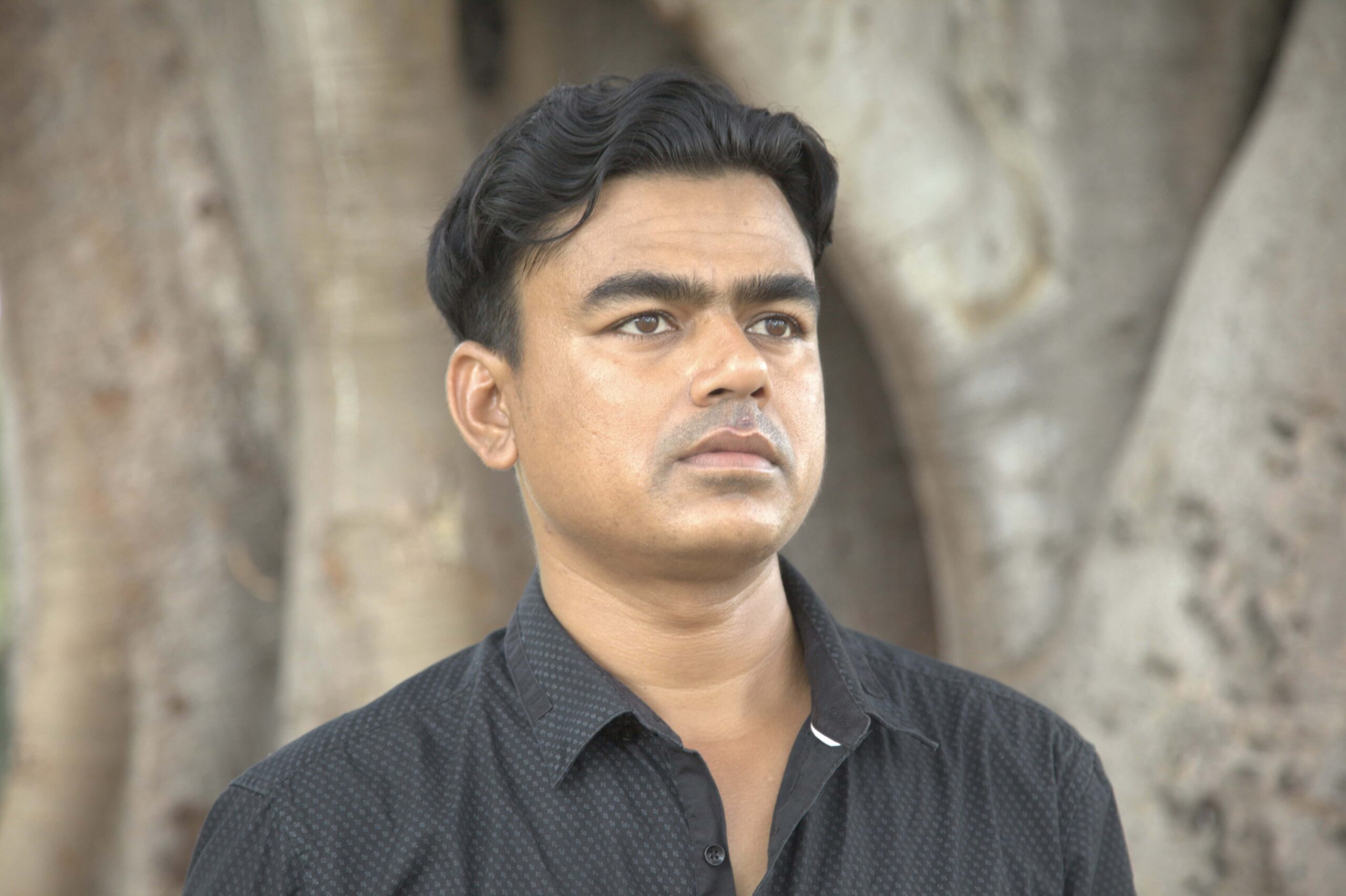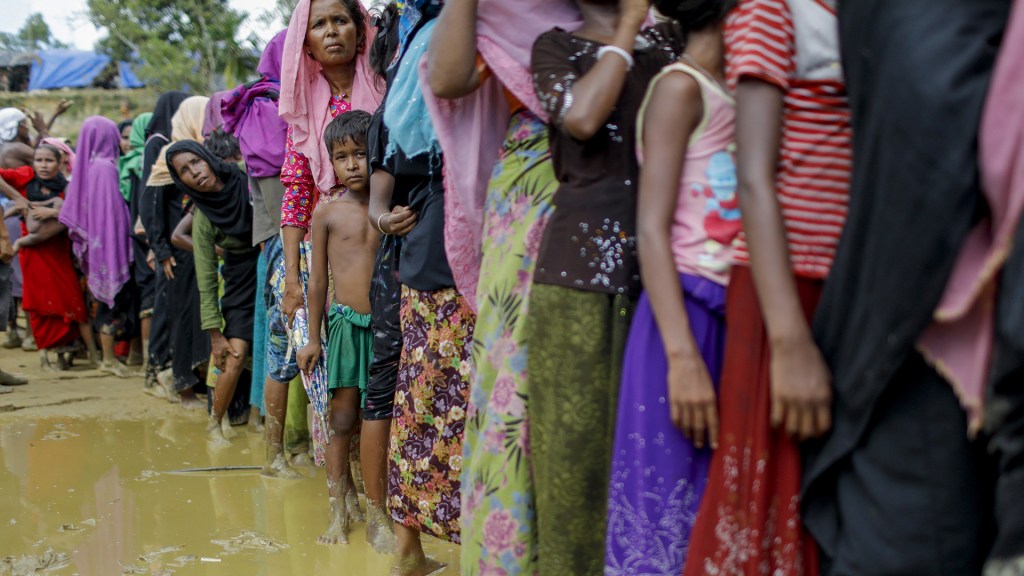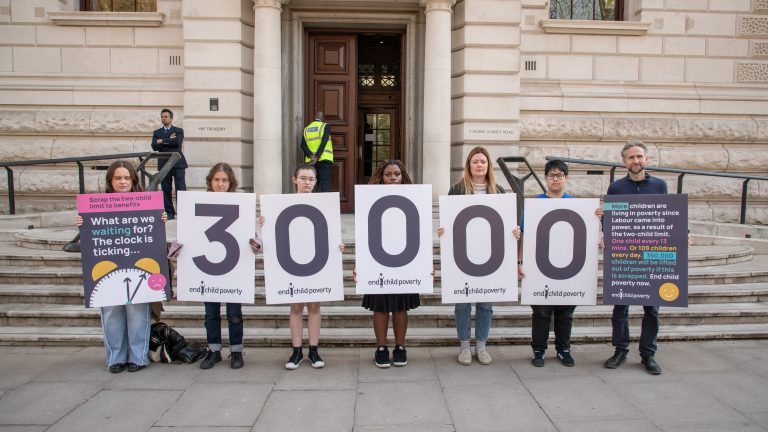She had been awarded the Nobel Peace Prize in 1991, but her time in office has shown her stand for completely opposing values.
“It was quite a shock that she changed very quickly after she came into power,” Habib says. “It’s not that she has fear. She is using her limited power to support and defend military atrocities. It was very clear after she came into power she doesn’t care about minorities at all.
“There is a transition democracy but that’s for the majority Buddhist community – about 85 per cent of the population – not for minorities. It’s not just Rohingya, some Christian churches have been destroyed. Of course, the majority Buddhists are enjoying the taste of democracy, but that has nothing to do with minorities.
“In the past we have had crises carried out sometimes by military, sometimes by politicians – but today they have all joined together and they are trying to wipe out my people.”
I do not expect that anything will happen in the next 10-20 years. We are in an endless cycle
Habib describes how the crisis in Myanmar is as critical as it has ever been.
“We have very important moment now. We have nearly 300,000-450,000 people who are trapped in their own villages. One hundred and fifty thousand are in concentration camps. Those left inside Myanmar, we are concerned about their lives. They just wait for death.”
Advertising helps fund Big Issue’s mission to end poverty
Meanwhile, there are around one million Rohingya refugees in Bangladesh. Life as a refugee is tough. There is a very real risk of suffering natural disasters such as floods, which would exacerbate the healthcare, food and education problems that camps are already suffering.
Yet that life is preferable to being forcibly repatriated to a country that continues to persecute the Rohingya minority.
“Lately the issue has been on the table of the UN Security Council but they are still afraid to take proper action,” Habib says. “They have a moral responsibility to take care of all crimes that are happening around the world – that’s why United Nations was founded. There is no law to take action against the top government positions in Burma so the crisis is in the hands of the international community.”
Habib believes there is only one long-term solution that could bring peace.
“Countries like Australia are providing a lot of international aid for Rohingya people but that is just a temporary solution. That does not solve long-term political solution.
“Rohingya should be given citizenship rights in Burma, or their land should be separated. they have to give us a chance to build our own state.
Advertising helps fund Big Issue’s mission to end poverty
“But I do not expect that anything will happen in the next 10-20 years. We are in an endless cycle.”
First, They Erased Our Name: A Rohingya Speaks, by Habiburahman with Sophie Ansel (trans. Andrea Reece), is published by Scribe Publications (£14.99)
Picture: Sophie Ansel











